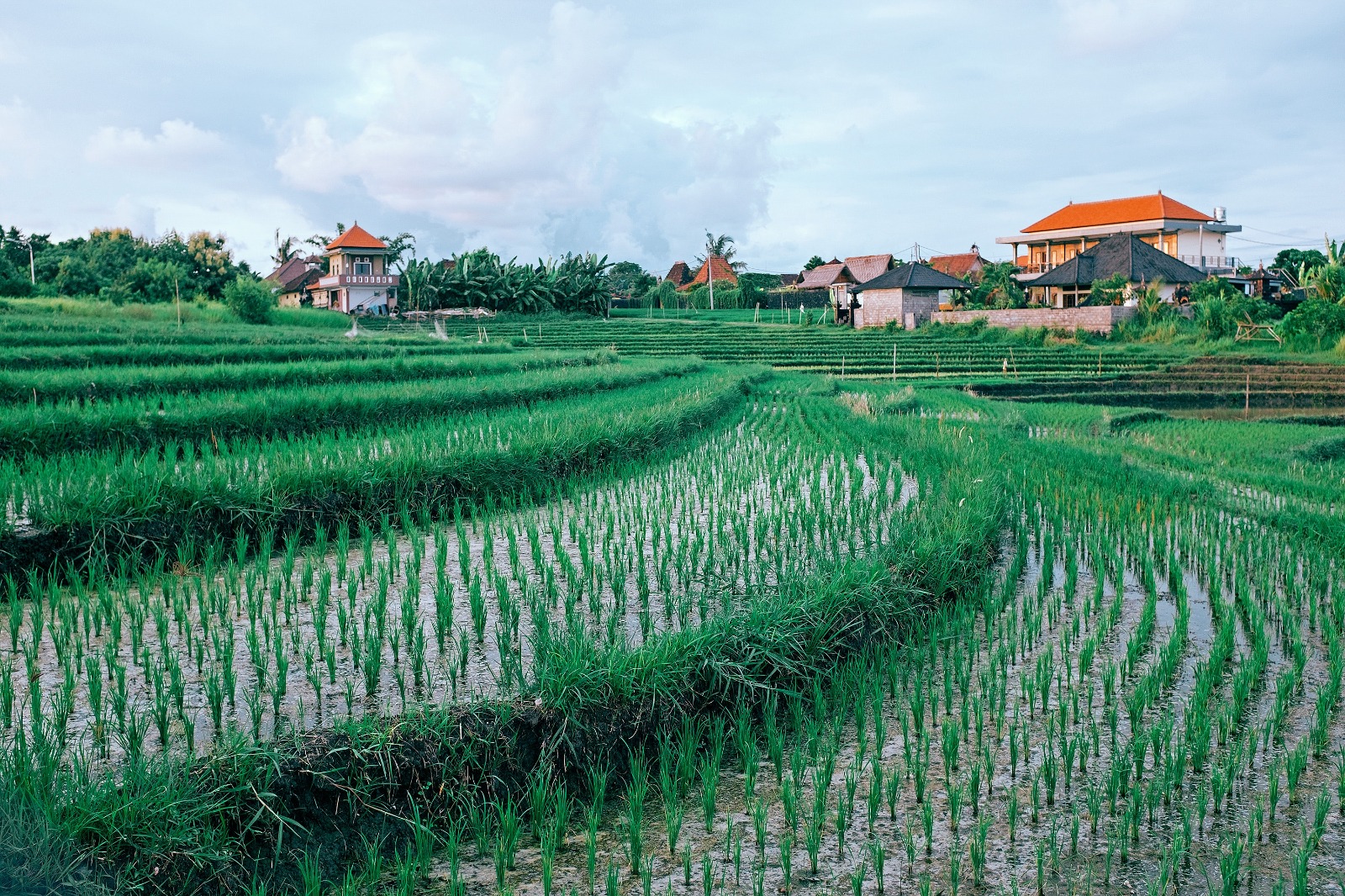Smart Irrigation : Saving Water & Enhancing Crop Performance
In a world where water scarcity and food security are growing concerns, finding innovative and sustainable solutions for agriculture becomes paramount. One such solution that holds immense promise is the implementation of smart irrigation systems. These systems combine technology, data analytics, and agronomic knowledge to optimize water usage, minimize wastage, and boost crop yields. In this blog, we delve into the world of irrigation systems, exploring their benefits, components, and real-world impacts.
The Water-Energy-Food Nexus: A Growing Challenge
The interplay between water, energy, and food resources is often referred to as the water-energy-food nexus. Agriculture, which consumes a significant portion of global freshwater resources, plays a crucial role in this nexus. Traditional irrigation methods often result in overuse of water, leading to water scarcity, reduced energy efficiency, and compromised food production. Smart irrigation systems emerge as a response to this challenge, aiming to harmonize these resources while maximizing agricultural output.
Understanding Smart Irrigation Systems
At its core, a smart irrigation system is a technological marvel that integrates sensors, data analysis, and automation to create a responsive and intelligent irrigation process. These systems are designed to provide crops with the right amount of water, at the right time, and in the right place. By monitoring various environmental parameters and utilizing real-time data, smart irrigation systems ensure that crops receive optimal water, thus enhancing their performance.
Key Components of Irrigation Systems
- Sensor Network: Sensors are the backbone of smart irrigation systems. Soil moisture sensors, weather stations, and even satellite imagery provide real-time data on factors such as soil moisture levels, weather conditions, and crop health. This data forms the basis for informed irrigation decisions.
- Data Analytics: Advanced algorithms and data analysis techniques process the data collected by sensors. These algorithms consider factors such as soil type, plant type, weather forecasts, and historical data to calculate the precise irrigation needs of a particular area.
- Automation: Automated control mechanisms, such as drip irrigation or precision sprinklers, deliver water precisely where and when it’s needed. This eliminates the guesswork and reduces the chances of over- or under-irrigation.
- Remote Monitoring and Control: Many smart irrigation systems allow farmers to monitor and control the irrigation process remotely using smartphones or computers. This feature provides convenience and flexibility, especially for farmers managing large or geographically dispersed fields.
Benefits of Smart Irrigation Systems
- Water Conservation: By providing the right amount of water only when necessary, smart irrigation systems significantly reduce water wastage. This is crucial in regions facing water scarcity, as it allows more efficient water allocation for agricultural and domestic use.
- Energy Efficiency: Traditional irrigation systems often consume excessive energy due to over-pumping. Smart irrigation systems optimize water delivery, reducing energy consumption and greenhouse gas emissions.
- Enhanced Crop Yield: Precise irrigation based on real-time data leads to healthier crops and better yields. Plants receive the necessary hydration without the stress of over- or under-irrigation, resulting in improved quality and quantity of harvested produce.
- Cost Savings: Though initial setup costs might be higher, smart irrigation systems offer long-term cost savings by reducing water and energy expenses, as well as minimizing labor needed for manual irrigation.
- Environmental Sustainability: By reducing water wastage and energy consumption, smart irrigation systems contribute to sustainable agricultural practices, promoting a healthier environment for both ecosystems and communities.
Real-World Impact
The adoption of smart irrigation systems has already demonstrated substantial real-world impacts. In California’s Central Valley, a region prone to droughts, farmers using irrigation systems have reported water savings of up to 30% while achieving higher crop yields. In India, the implementation of precision irrigation techniques in rice fields has led to water savings of around 40% and increased rice productivity by 22%. These examples underscore the potential of irrigation systems to address global water and food security challenges.

Challenges and Future Directions
While irrigation systems hold immense promise, there are challenges to address. Initial costs, technical know-how, and data privacy concerns can hinder widespread adoption, particularly in developing regions. However, ongoing technological advancements and increasing awareness of the benefits are gradually overcoming these barriers.
Looking ahead, the integration of artificial intelligence (AI) and machine learning (ML) could further revolutionize smart irrigation systems. AI-powered algorithms can analyze complex data patterns and adapt irrigation strategies in real-time, enhancing system efficiency. Additionally, the development of solar-powered sensor networks and more affordable technologies will democratize access to smart irrigation solutions.
Conclusion
Smart irrigation systems stand as a beacon of hope in the face of water scarcity and agricultural sustainability challenges. By harnessing the power of technology, data, and automation, these systems offer a pathway to conserve water, optimize energy usage, and boost crop performance. As the world’s population continues to grow, embracing innovative solutions like irrigation systems becomes not just an option but a necessity to ensure a resilient and food-secure future for all.

Any comments?